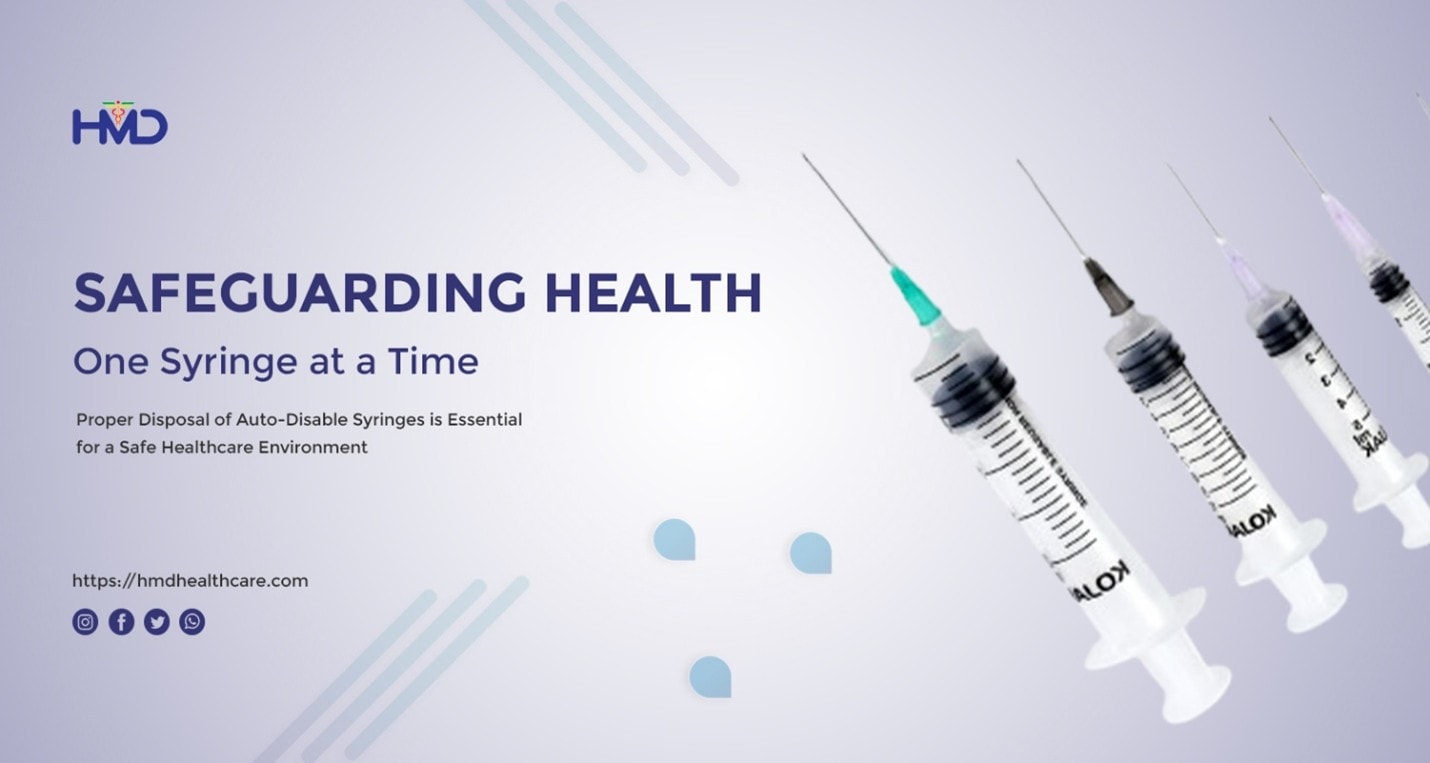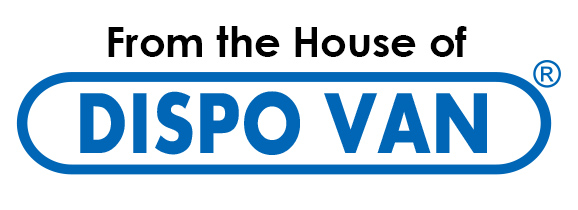

The prevention of infection spread in healthcare environments together with staff protection depends on rigorous hygiene standards. Medical waste management stands as a vital infection control element that involves appropriate handling of auto-disable syringes. The healthcare system uses auto-disable syringes equipped with automatic needle-locking systems yet risky health hazards remain when these devices are poorly discarded.
Understanding Auto-Disable Syringes
Healthcare facilities standardly employ auto-disable syringes for delivering injections together with vaccines as well as medication doses. The needle locking mechanism in their design enables automatic needle retention to stop reuse. The safety mechanism reduces both the chance of spreading infectious pathogens and preventing bloodborne diseases like HIV alongside hepatitis through cross-contamination. The safety systems built into auto-disable syringes do not prevent hazardous results from improper disposal scenarios resulting in healthcare-associated infections together with needle-stick injuries.
The Risks of Improper Disposal
The wrong disposal of auto-disable syringes produces dangerous side effects. Healthcare workers and patients together with waste management personnel face risks from discarding syringes into open receptacles and other improper disposal methods. Needle-stick injuries rank as the primary accidents within healthcare facilities and create life-threatening infections when healthcare workers do not follow appropriate procedures. Auto-disable syringes that receive improper disposal create environmental contamination and contribute to healthcare-associated infection transmission at hospitals and clinics across the world.
Best Practices for Safe Disposal
The disposal of auto-disable syringes needs immediate attention in designated sharps containers for protecting the health and safety of all patients in healthcare facilities. The disposal containers must have puncture resistance along with leak prevention features and they need special biohazard labels for identification purposes. Following local regulations across the disposal process is mandatory for medical waste containers which must also never exceed their operational capacity. Healthcare staff need training to conduct safe syringe procedure and regular inspections serve to verify compliance with security standards.
Auto-disable syringe disposal maintains both healthcare facility safety and infection prevention in healthcare environments. The implementation of best practices in healthcare facilities allows a reduction of needle-stick injury risks and healthcare infections which produce better results for patients and medical staff.

